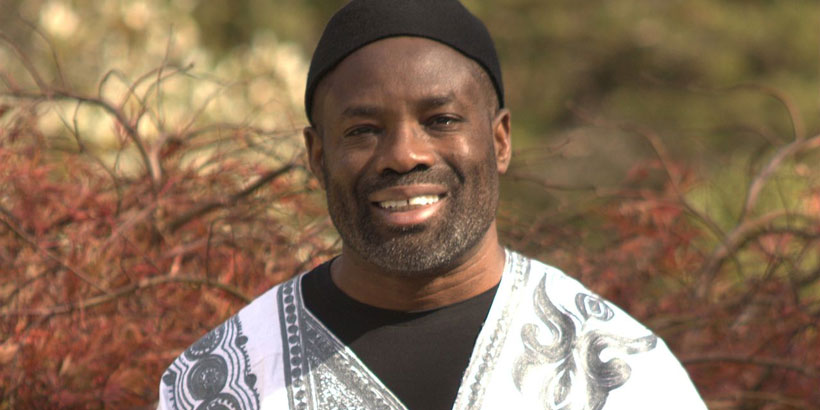
In ancient Greek, there were two words for “time.”
“The first is most familiar—chronos,” one of the founders of the Theology of Work Project explains. “It means the chronology of days, governed by the carefully calculated earths’ sweep around the sun.
“But another word for time is also used in the New Testament—kairos,” he continued. “This speaks more to specific, God-ordained times throughout history, sometimes called the ‘right time’ or ‘appointed season.’ Kairos is God’s dimension—one not marked by the past, the present, or the future.”
Interestingly, kairos is used 86 times in the Bible, while chronos is only used 54 times.
We know all about time in America, but unless we travel outside of our culture, it can be hard to understand just how enslaved we are to chronos time.
A group of Alabama pastors realized this while doing missions work in Africa recently.
“We were rushing to get a worship service started–we’re always anxious here about start and finish times, you know?” Recalled Alabama-based evangelist Scott Dawson. “Then the local pastor there said something I don’t think any of us will ever forgot. He said, ‘You all have watches, but you have no time. We have no watches, but we all have time.’”
“It made me realize that if we’re not careful, chronos time will completely take over and not allow anything to happen in kairos time.”
This whole concept is related to a Latin phrase that is more well known here in America — Carpe diem, “seize the day.”
A more literal translation of that famous phrase coined by the Roman poet Horace might actually be “pluck the day, as it is ripe.”
The ripening of fruit, which leads to the harvest, happens in a season — in kairos time.
That’s probably worth remembering when we find ourselves constantly and anxiously glancing at our clocks.
RELATED: How God turned an Alabama ‘personality’ into one of America’s most effective evangelists











